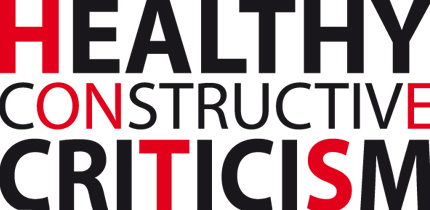Article in brief: the author discusses how education is being viewed in our modern age in a commercialized perspective instead of a learning perspective.

Last week, in my Microeconomics class, the professor started explaining the cost-benefit analysis that states: one must always undergo the action that pays more than it costs.
Within the discussion, the professor talked about the implicit and explicit cost of education. As the discussion progressed, these costs to talented people were examined. The professor then asked us a unique question stating “Is Messi better off going to college or being a professional football player?”
Now, the professor wanted to see the difference between making a decision based on personal opinion and using the cost-benefit analysis but he asked us to answer based on our personal preference.
In my head, the answer was very clear. Pursuing talent can be done alongside getting an education so he should do both. Education is an irreplaceable opportunity that would help Messi, the professional Argentinian football player, grow as a human being.
But to be fair, this is an economics class so I had to take an economists approach. From an economic perspective, it is better for Messi to play football professionally as his net worth adds up to $230 million. However, my classmates’ responses upset me.
I sat there listening to the contribution of my fellow students to the matter. Summing up the entire discussion, the students deduced that Messi would be wasting his time by getting a degree because he gets paid in millions.
Frankly, I was astounded by their reaction. Their conclusion caught me off guard and got me thinking, has education really become this commercial? Are we all soulless individuals stuck in a campus wasting our time and effort solely to obtain a degree that’s basically going to be the source of our income? It seemed like most people in my class were there for the exclusive drive of getting qualified for a job. They didn’t seem interested in the growth and widening of their mindsets.
To understand a problem, one has to understand its roots. So, from a societal perspective, it kind of made sense. Nowadays, people just want to be normal. From the moment an individual is born, society dictates that their lives should go a certain way – going to school, getting a job and then getting married.
People spend their entire lives following the status quo. That itself makes most people do what they’re supposed to, without thinking why they have to do it. Getting an education might be the rational thing to do but it has more outcomes than simply getting us qualified for a job.
Some people find themselves in a lot of financial debts, simply to learn, and now my classmates are arguing that education is worthless if you can attain money without it. I understand that education can help in improving one’s standard of living but it shouldn’t be the only motive behind getting a degree. It is sad to see that in time’s most advanced era, education is taken for granted.
Our minds seem to be deviated from the core of education, away from the learning process that expands our minds, thinking processes, and naturally, our lives. I believe it’s about time people stop viewing education as a monetary tool, and start going back to its essence and what it truly means. In 2015, we are privileged to see education available at a larger scale than it used to, so we might as well start appreciating that.




1 Comment